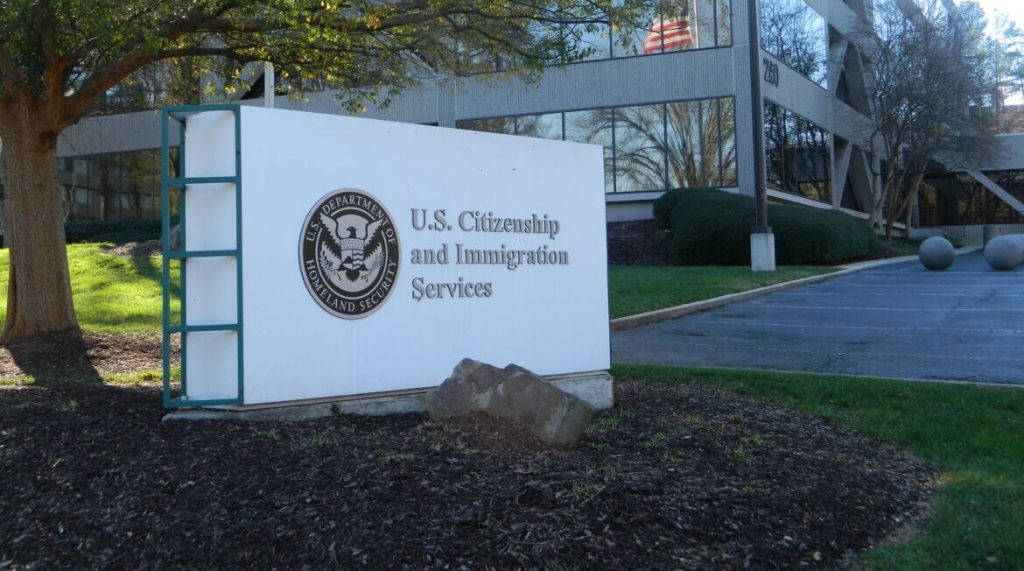The U.S. District Court for the District of Colorado has issued a ruling halting the fee increases imposed by U.S. Citizenship and Immigration Services (USCIS) under the 2024 Fee Rule. The decision restores fees to their previous levels, significantly reducing financial barriers for individuals seeking to invest in the United States in exchange for permanent residency.
The EB-5 program, established in 1990, allows foreign investors to obtain a green card by injecting capital that helps create jobs within the country, often through projects in areas with high unemployment. The fee adjustment introduced in April 2024 sparked wide controversy, as the cost of filing Form I-526—used by standalone EB-5 investors—jumped from $3,675 to $11,160, which many considered an unjustified barrier to lawful investment.
The case, known as Moody v. Noem, argued that the Department of Homeland Security lacked legal authority to modify the program’s fees in the manner implemented under the new rule, which went into effect on April 1, 2024, despite the passage of the EB-5 Reform and Integrity Act of 2022.
The court concluded that the new fee rule exceeded the agency’s granted authority and ordered a return to the fee schedule that had been in effect until March 31, 2024.
In an official statement, USCIS affirmed that it would comply with the ruling “effective immediately,” though it rejected the court’s reasoning. The agency indicated that it may consider an appeal or future rulemaking consistent with federal law. It clarified that applications submitted after November 26, 2025 must include the reduced fees, or they will be rejected.
The American Immigrant Investors Alliance (AIIA), which led the lawsuit, described the ruling as “a victory for transparency and fairness,” emphasizing that the increased fees threatened the future of the program and hindered legitimate investors from accessing residency opportunities.
This decision restores balance to the EB-5 program—one of the few available pathways to obtain a green card through investment—and strengthens the ability of regional centers to attract foreign capital to support local economic development.
For accurate updates, applicants are advised to consult the official USCIS website, monitor legal developments, and seek guidance from qualified immigration attorneys to ensure full compliance with the new requirements.

